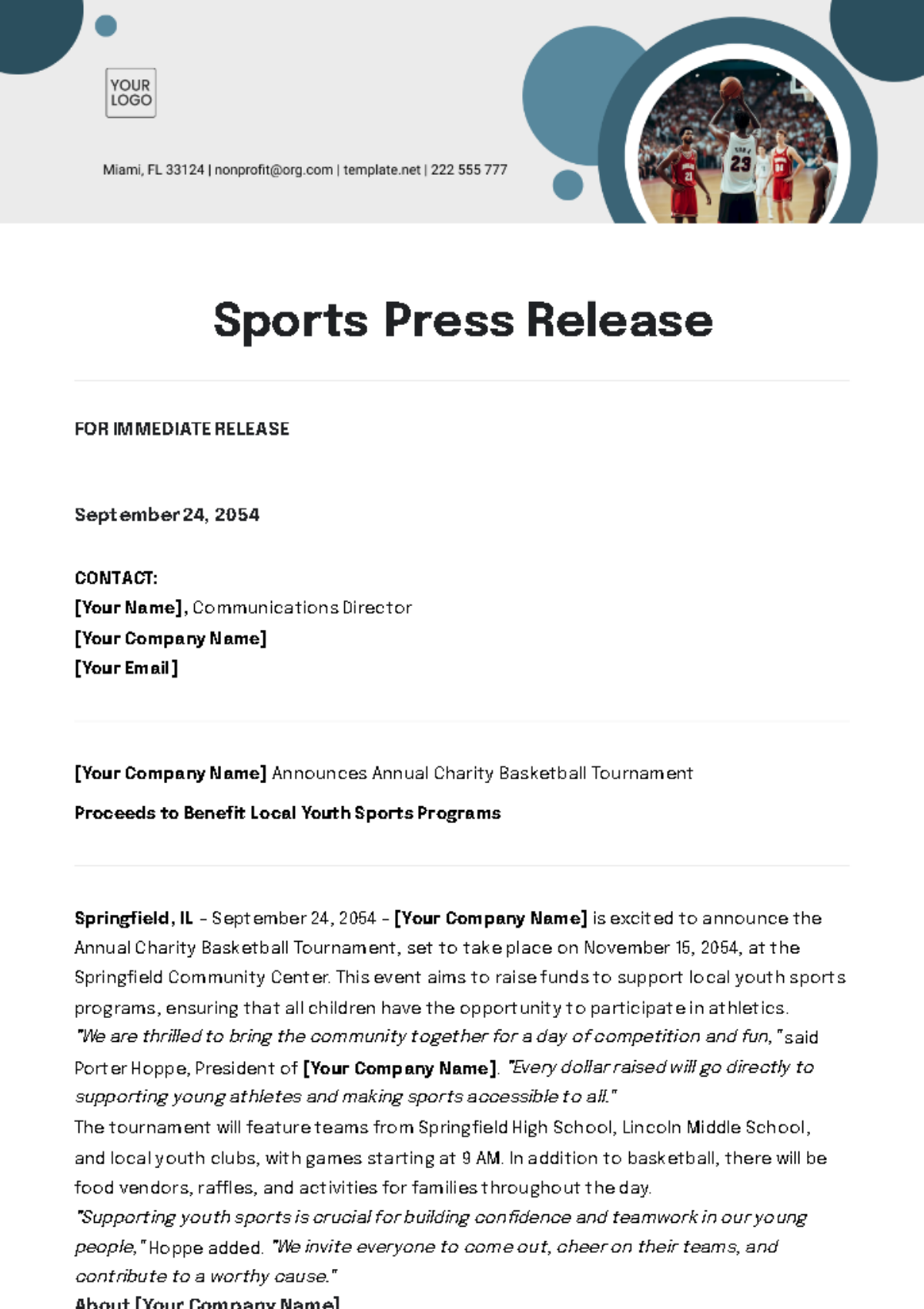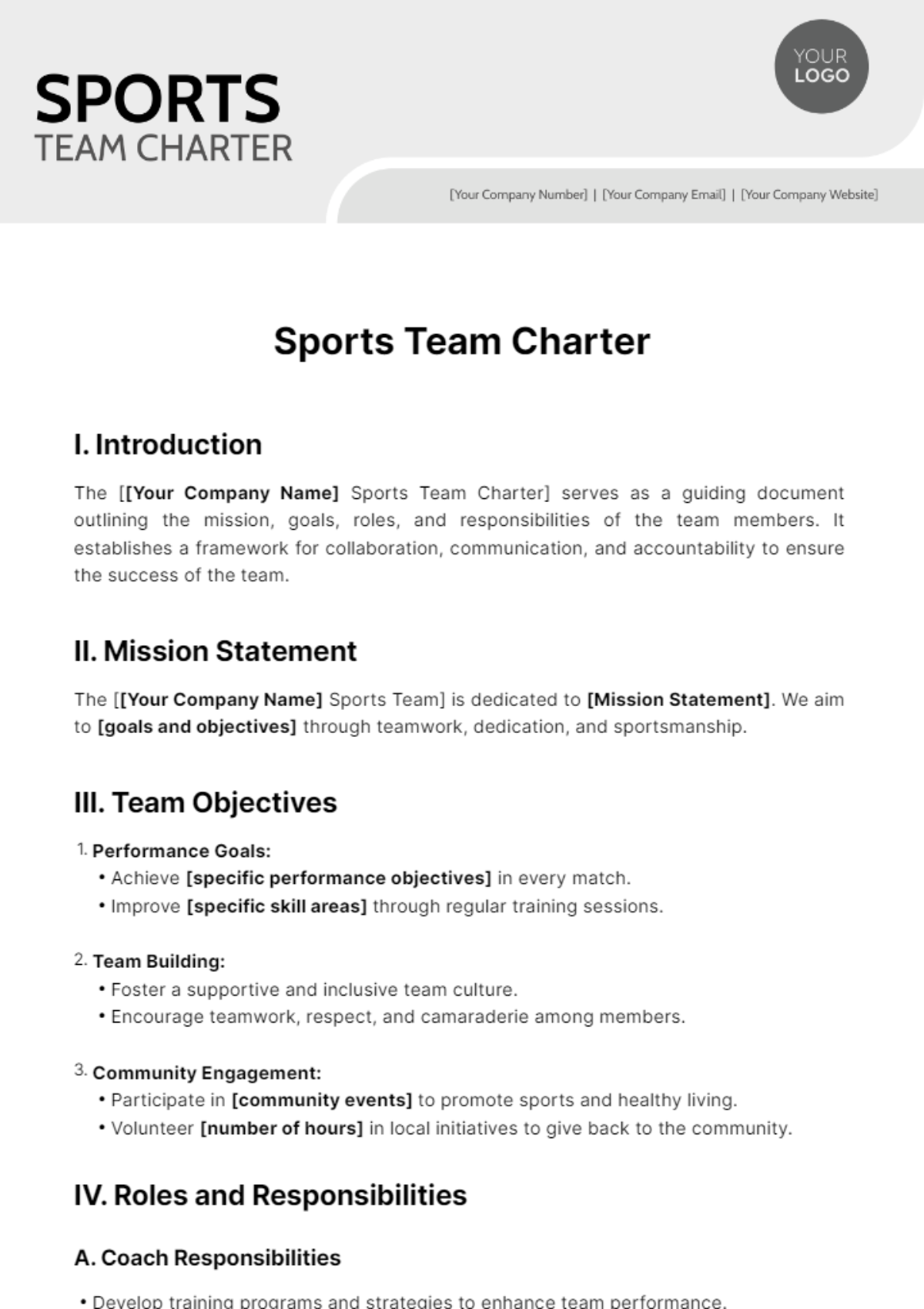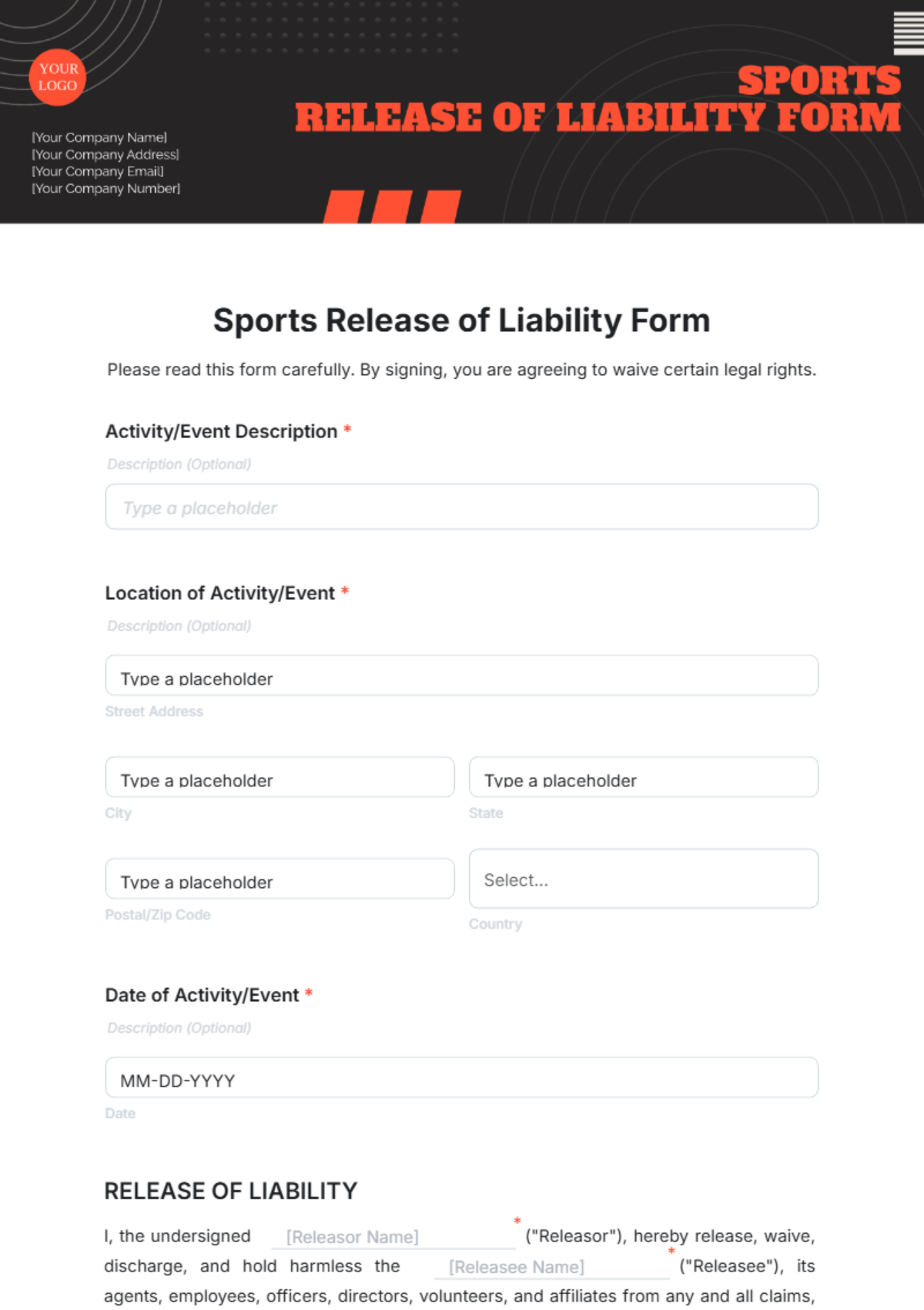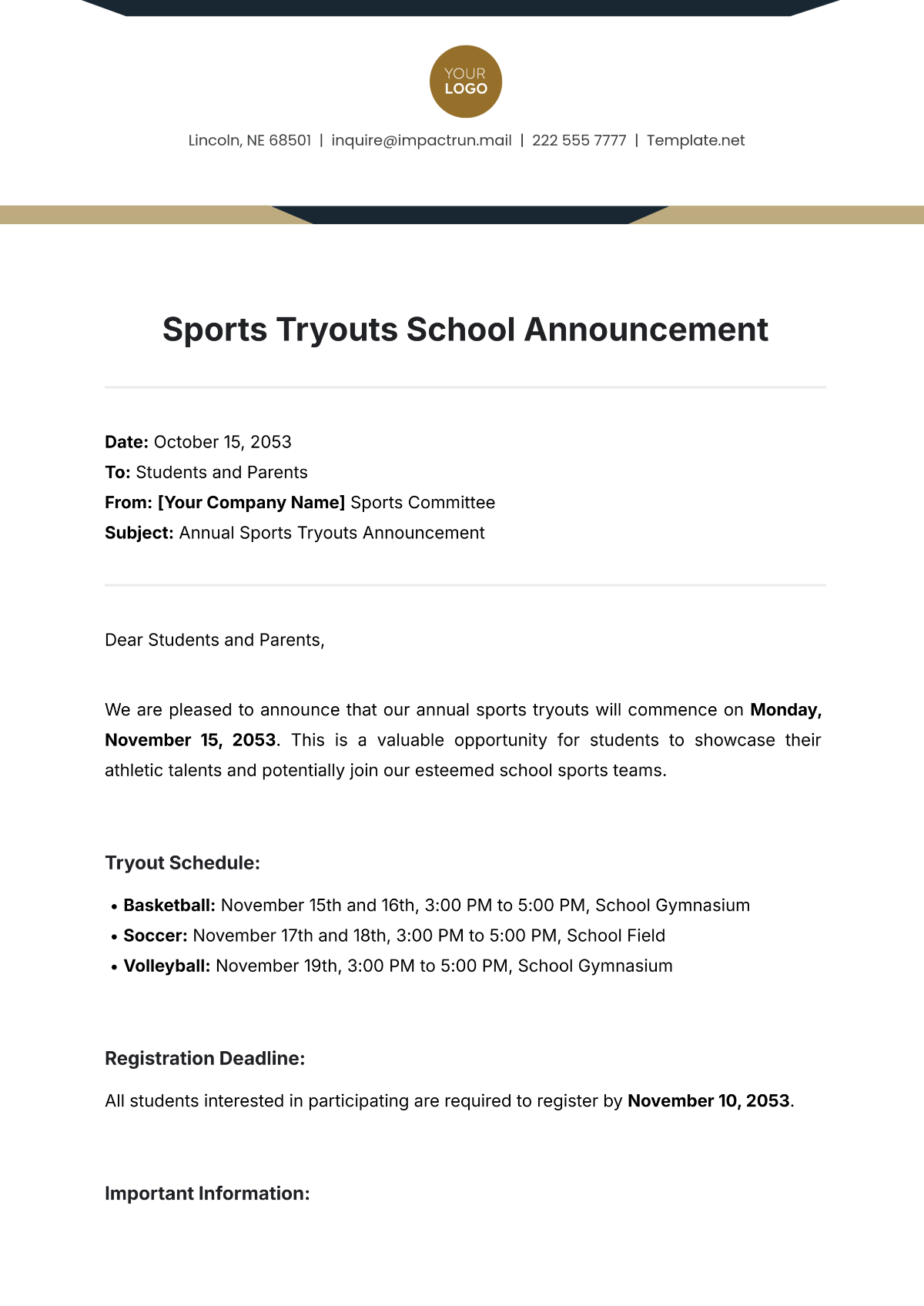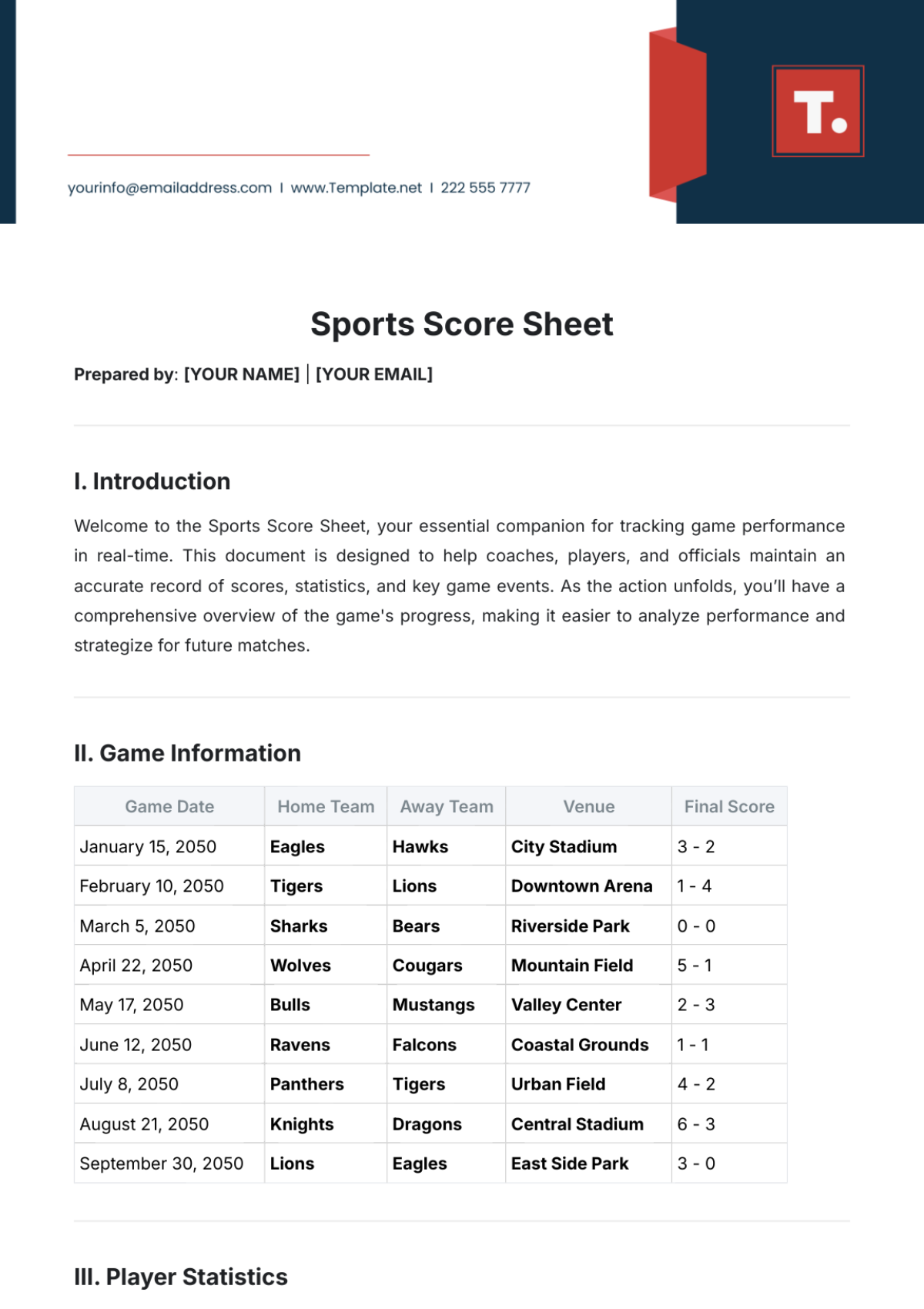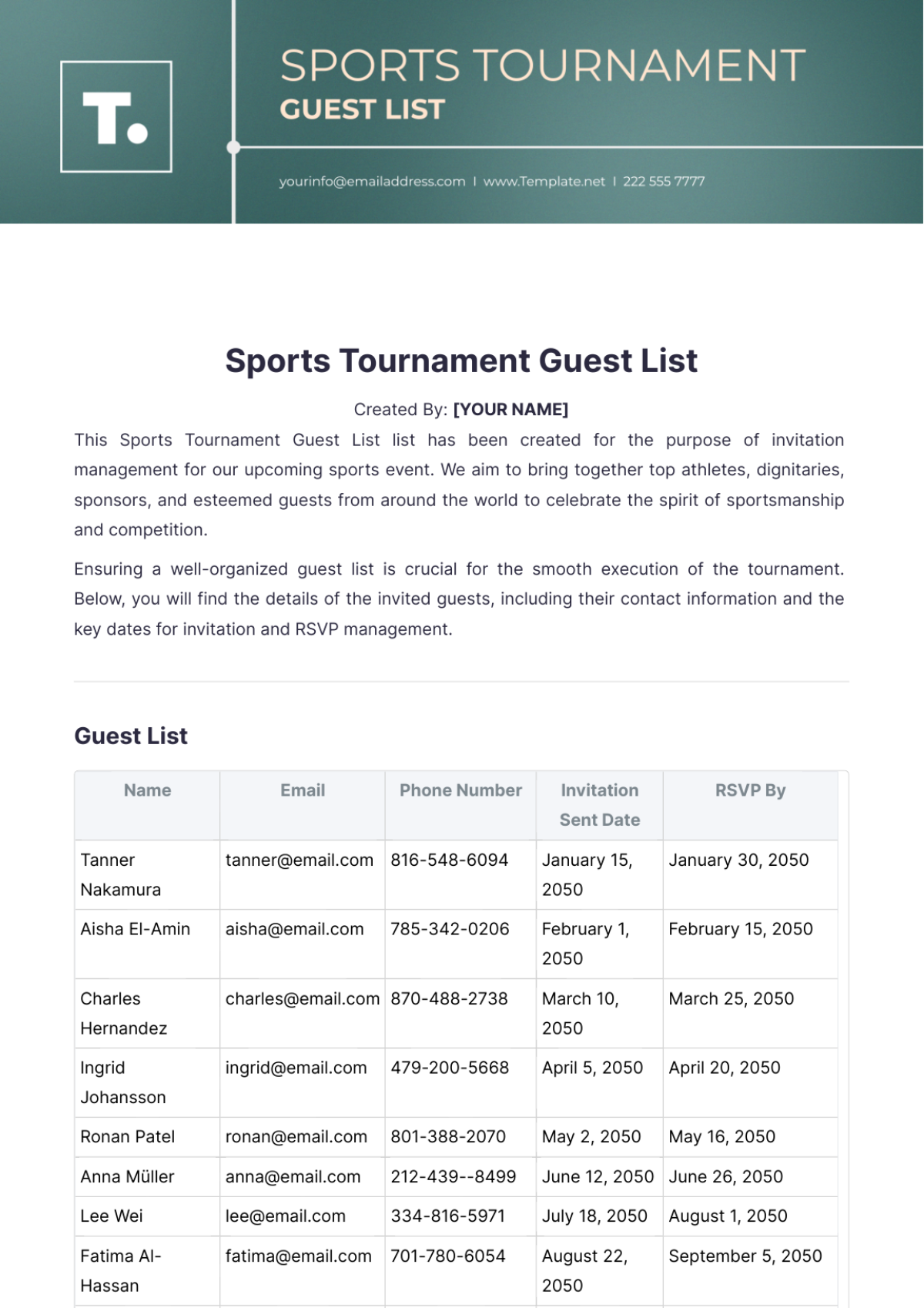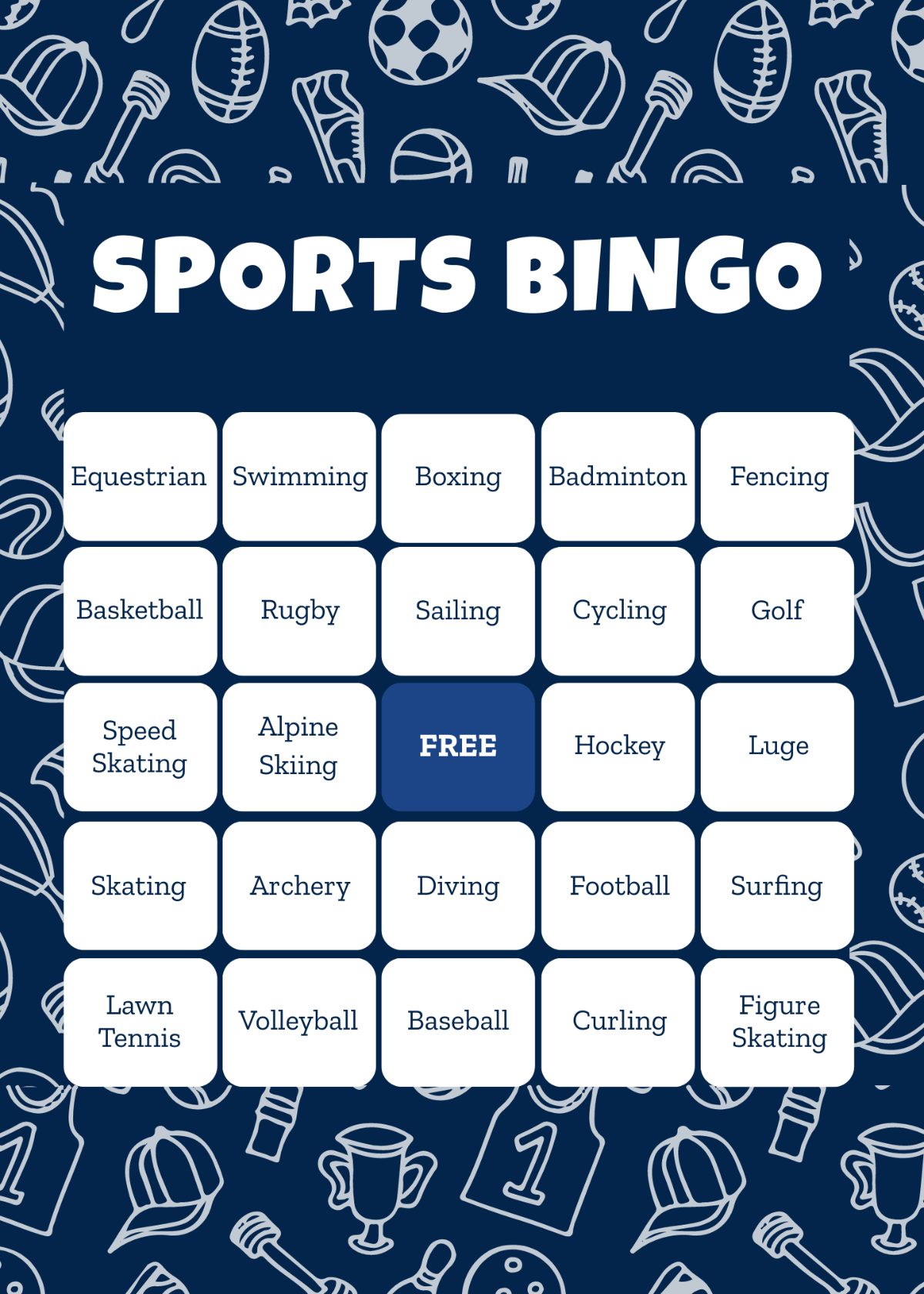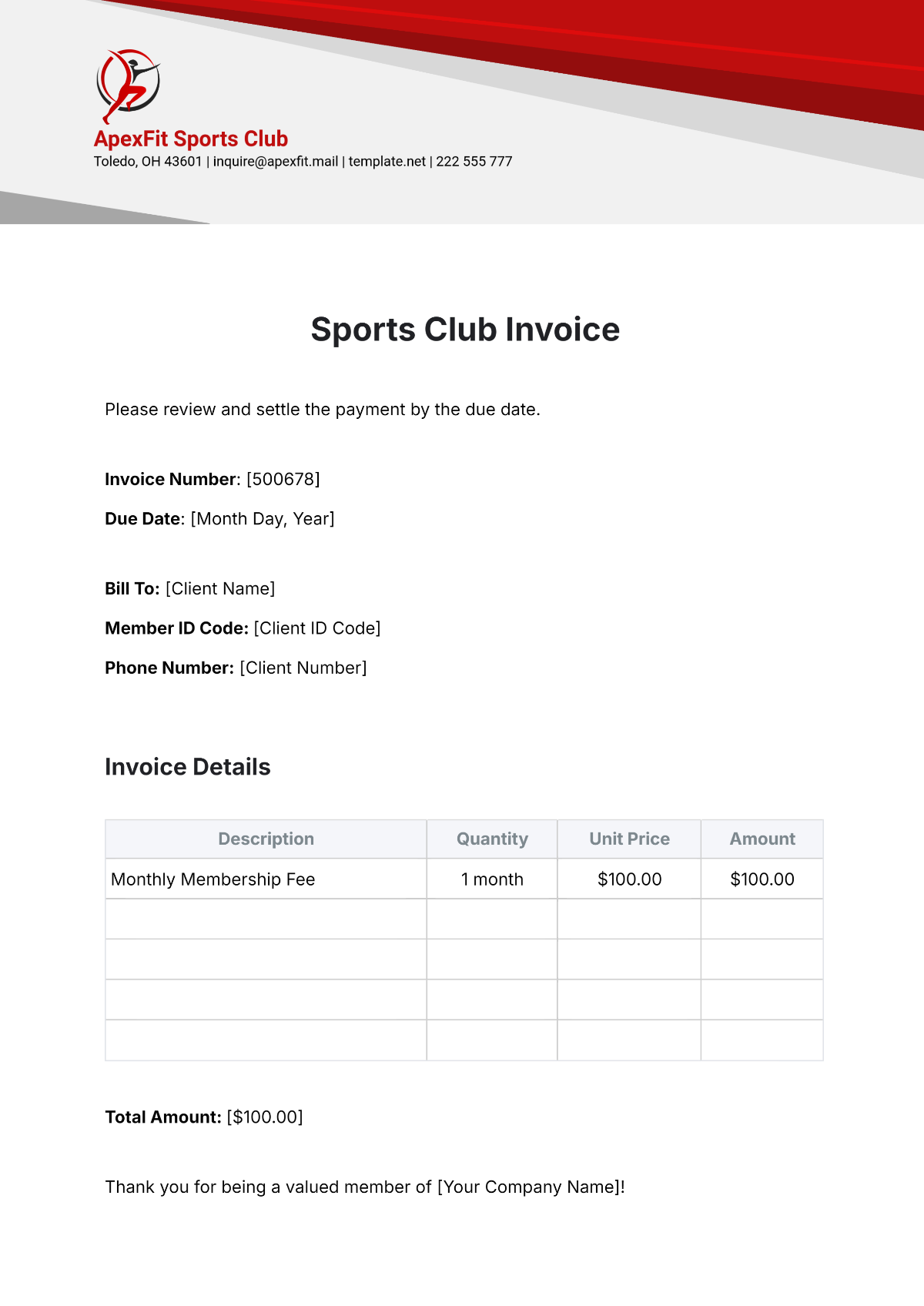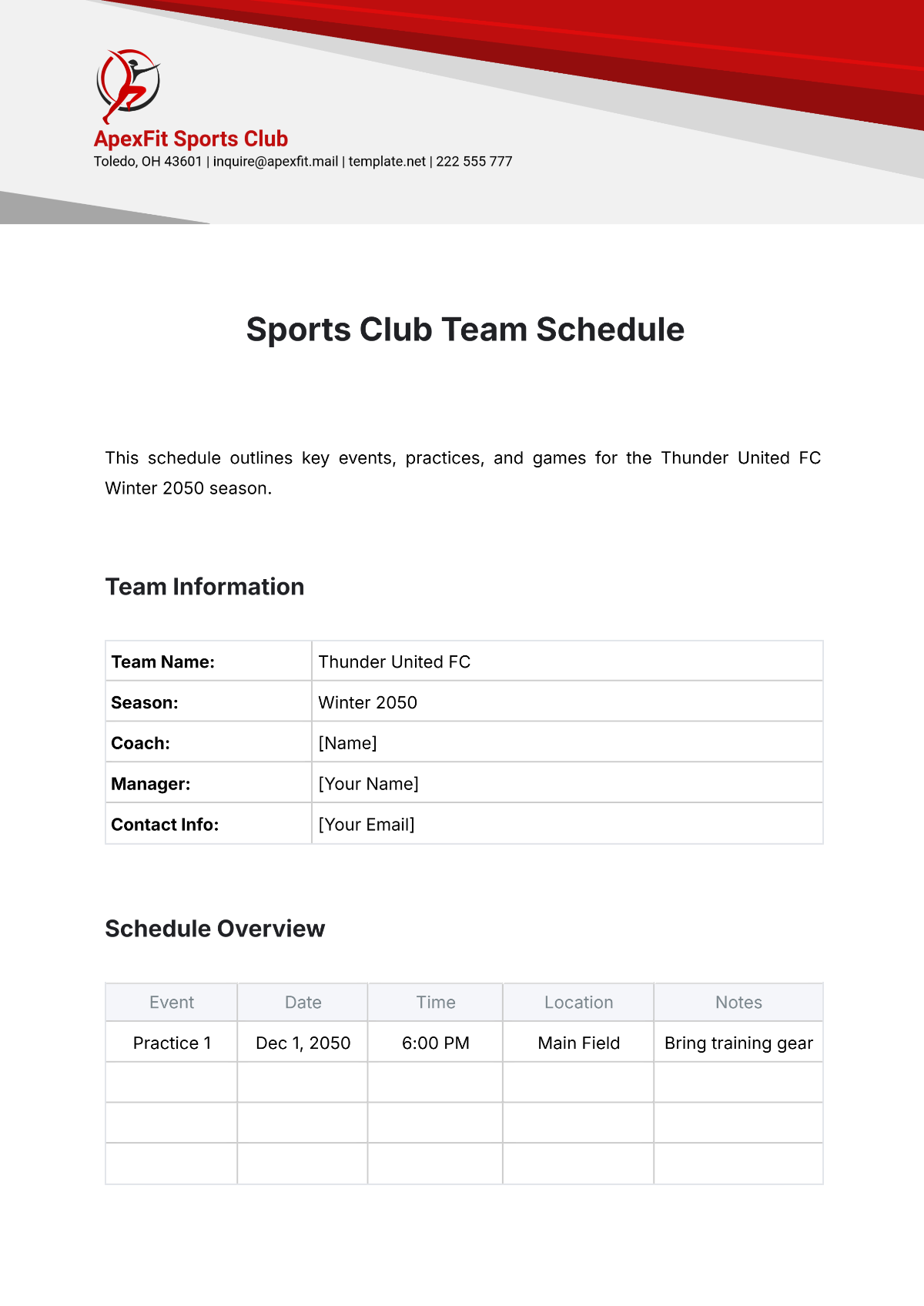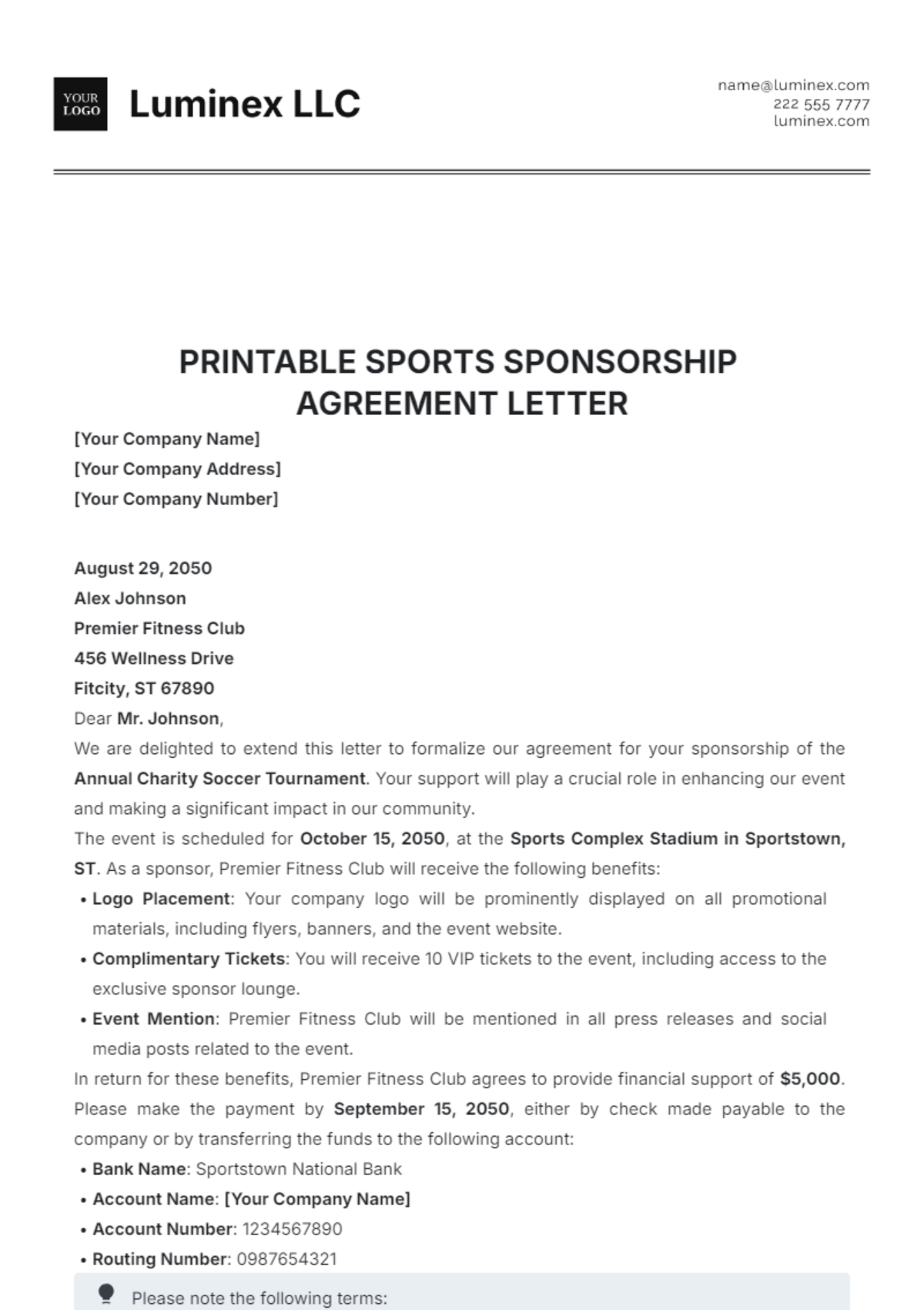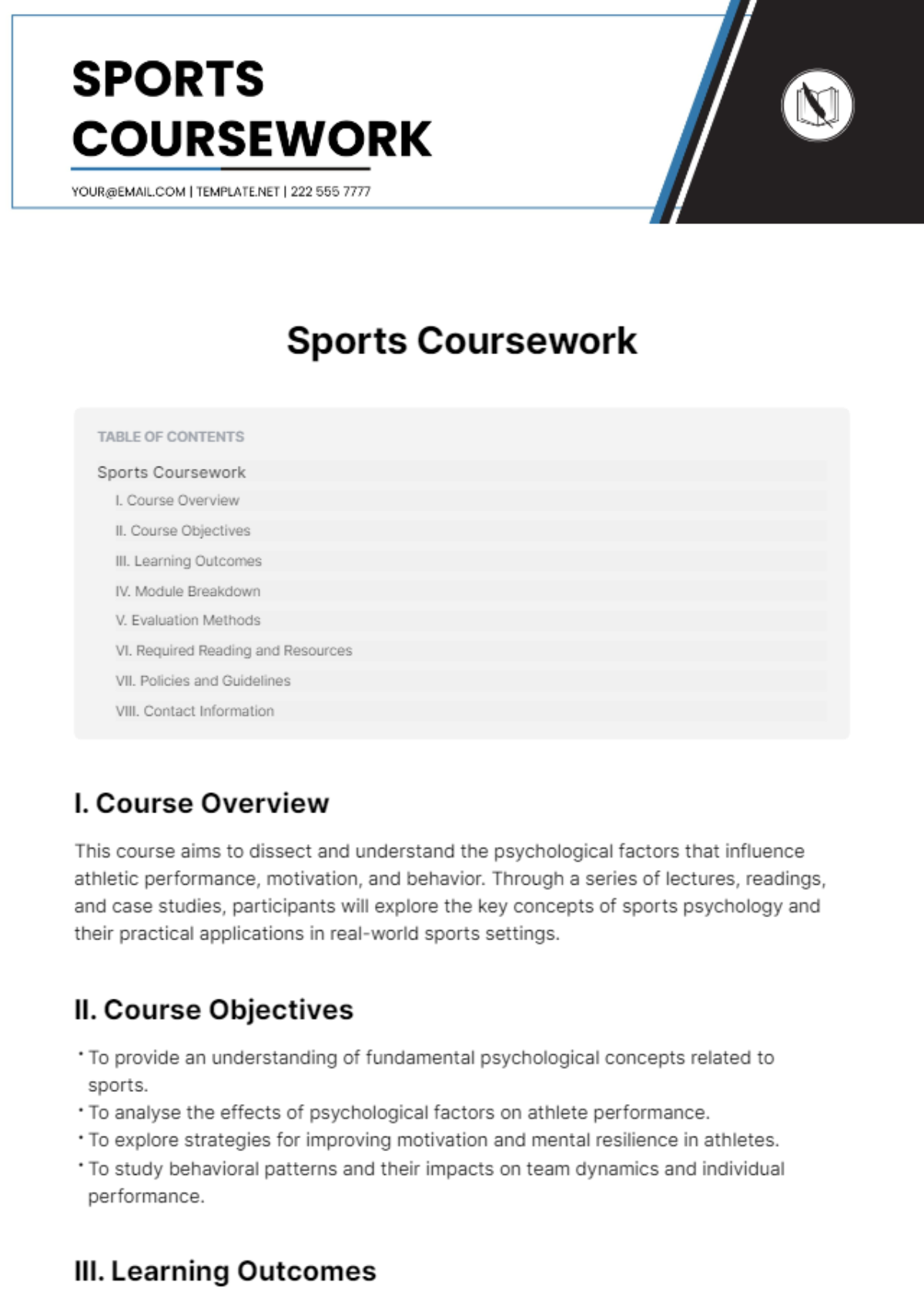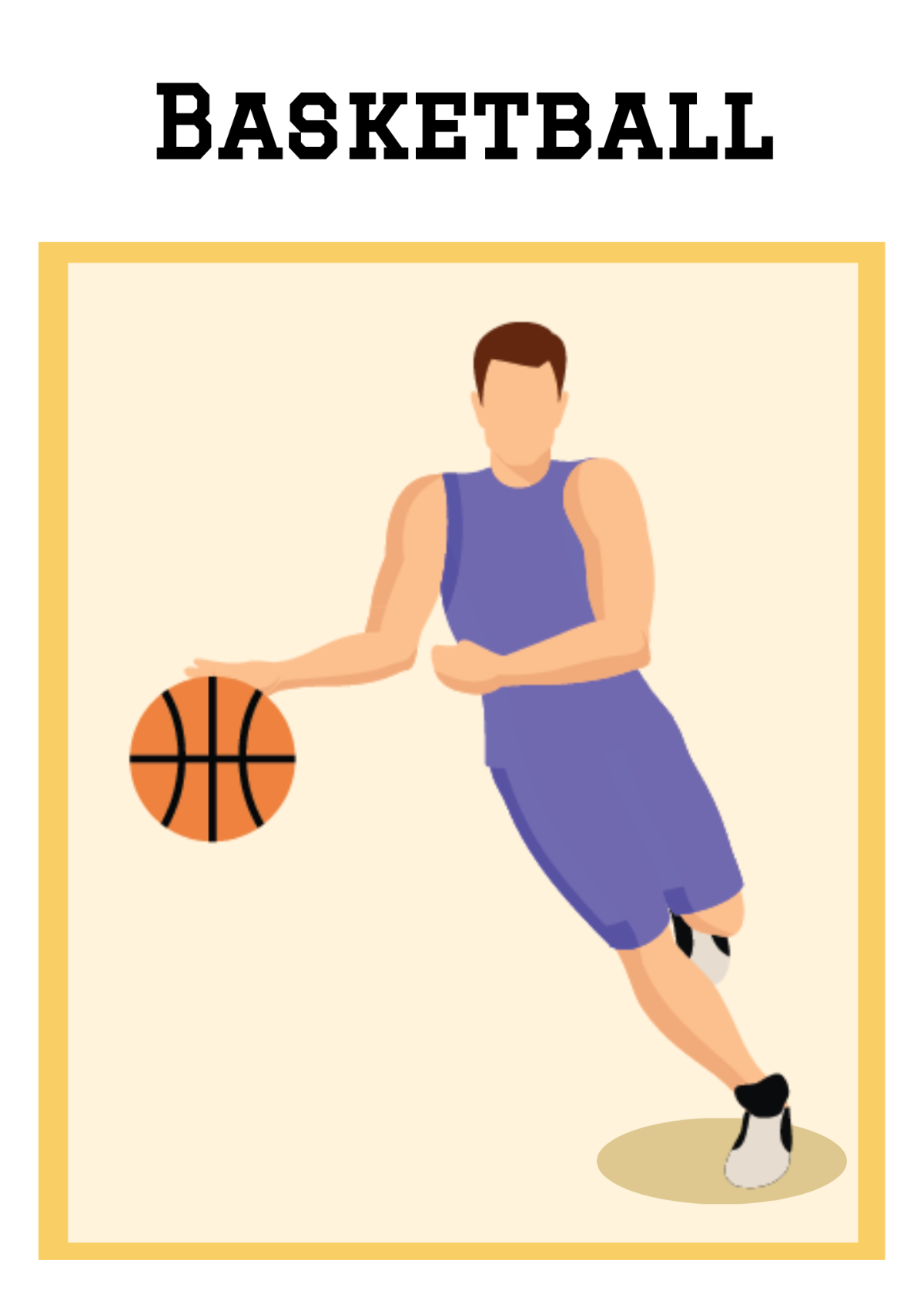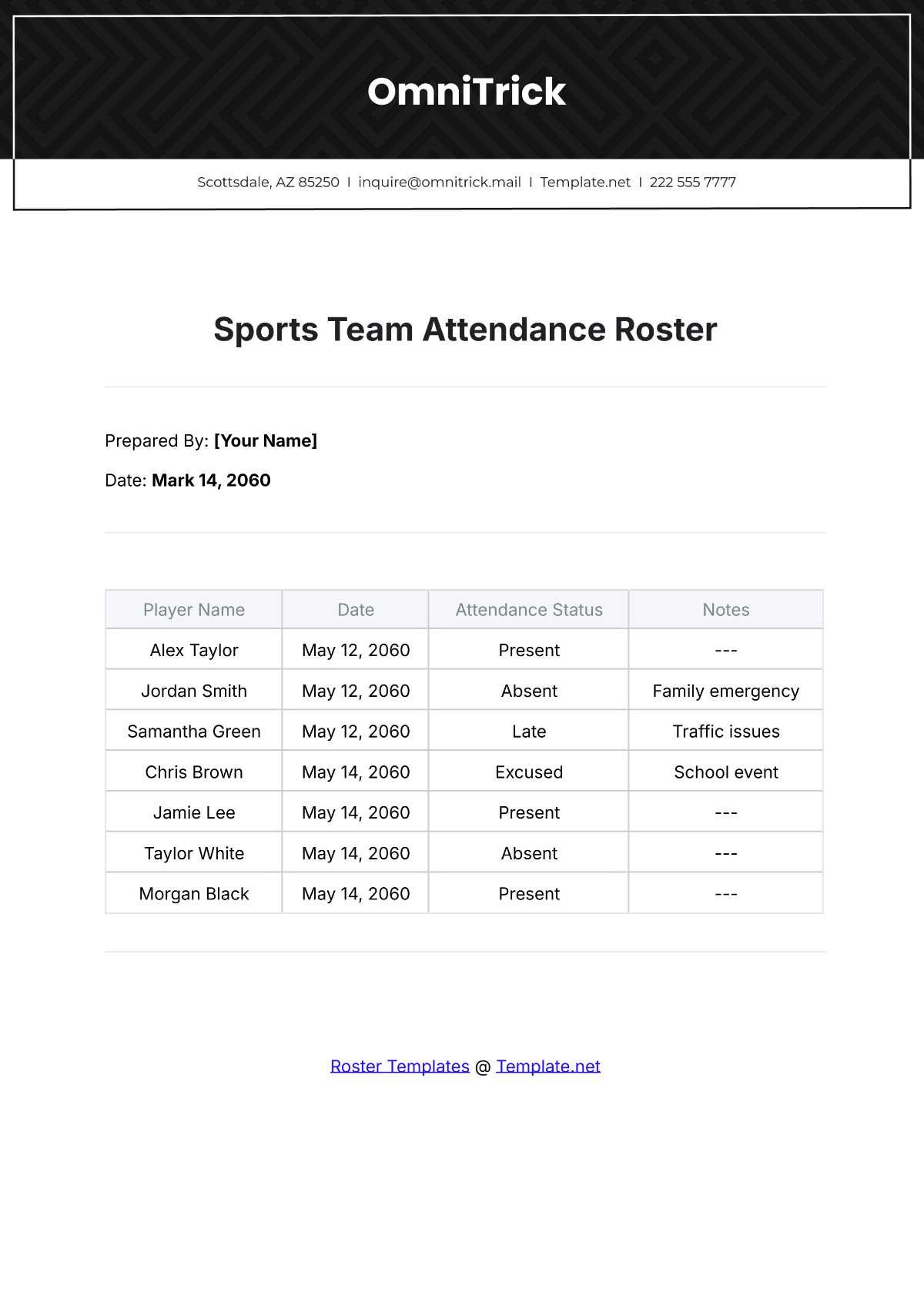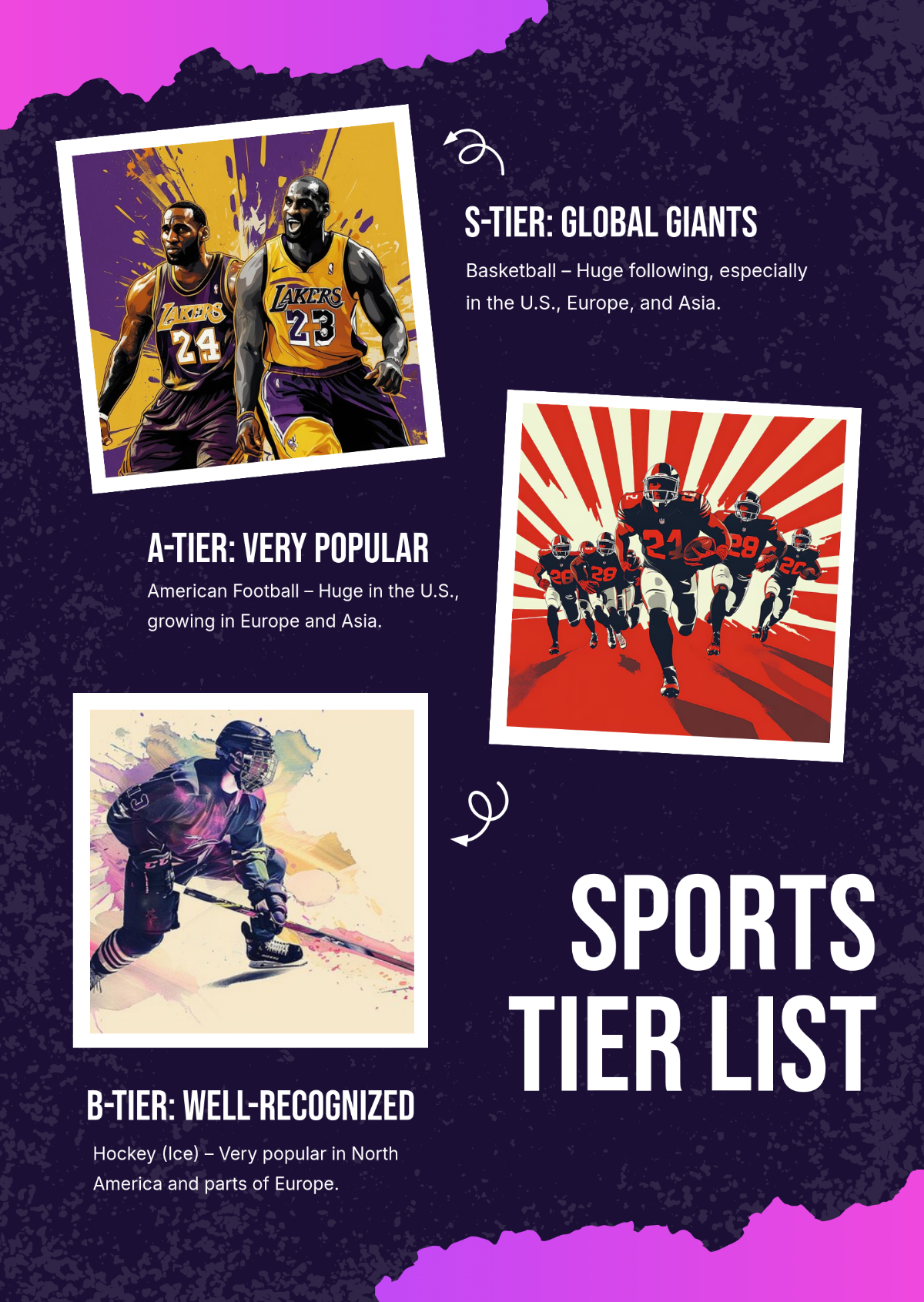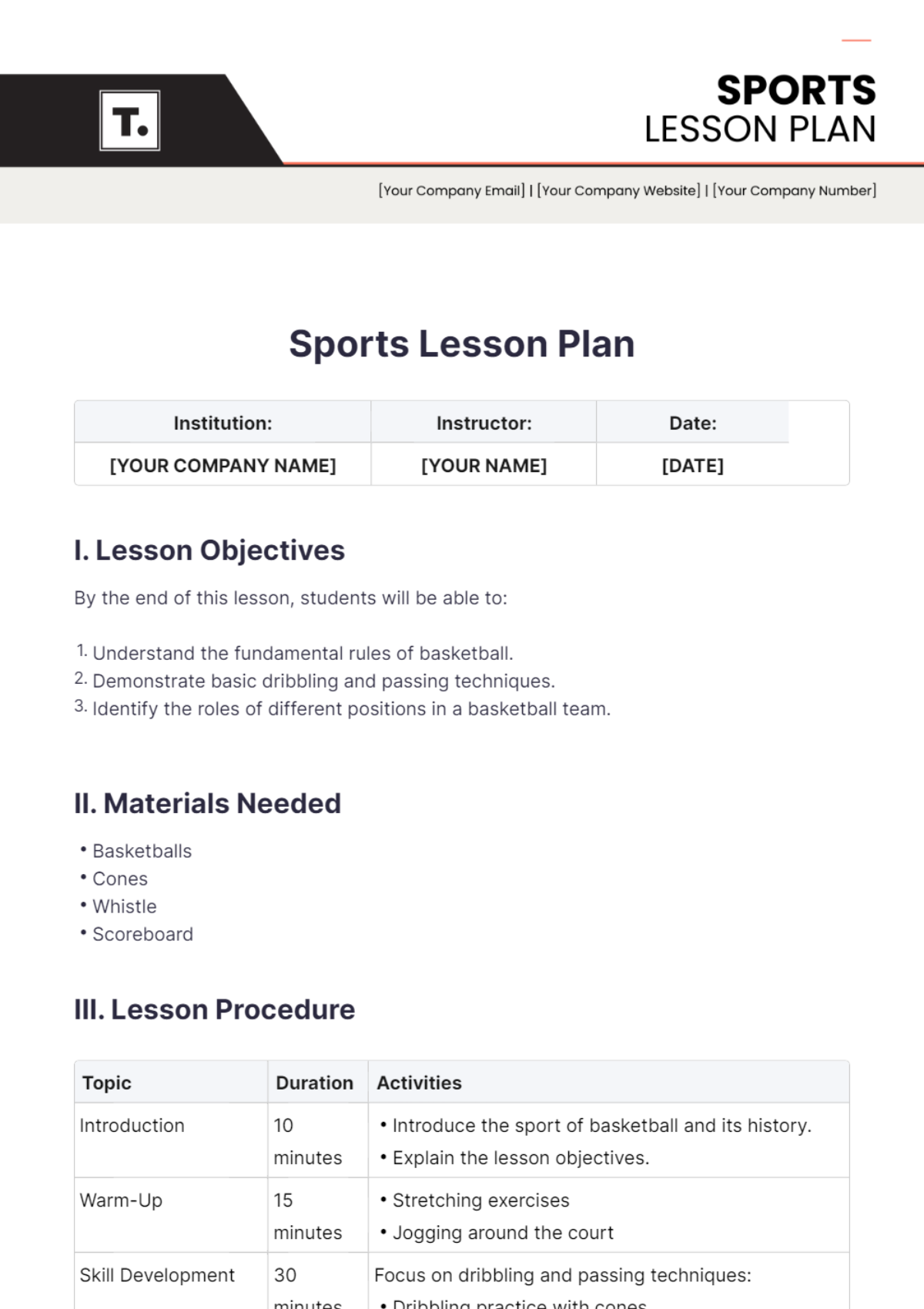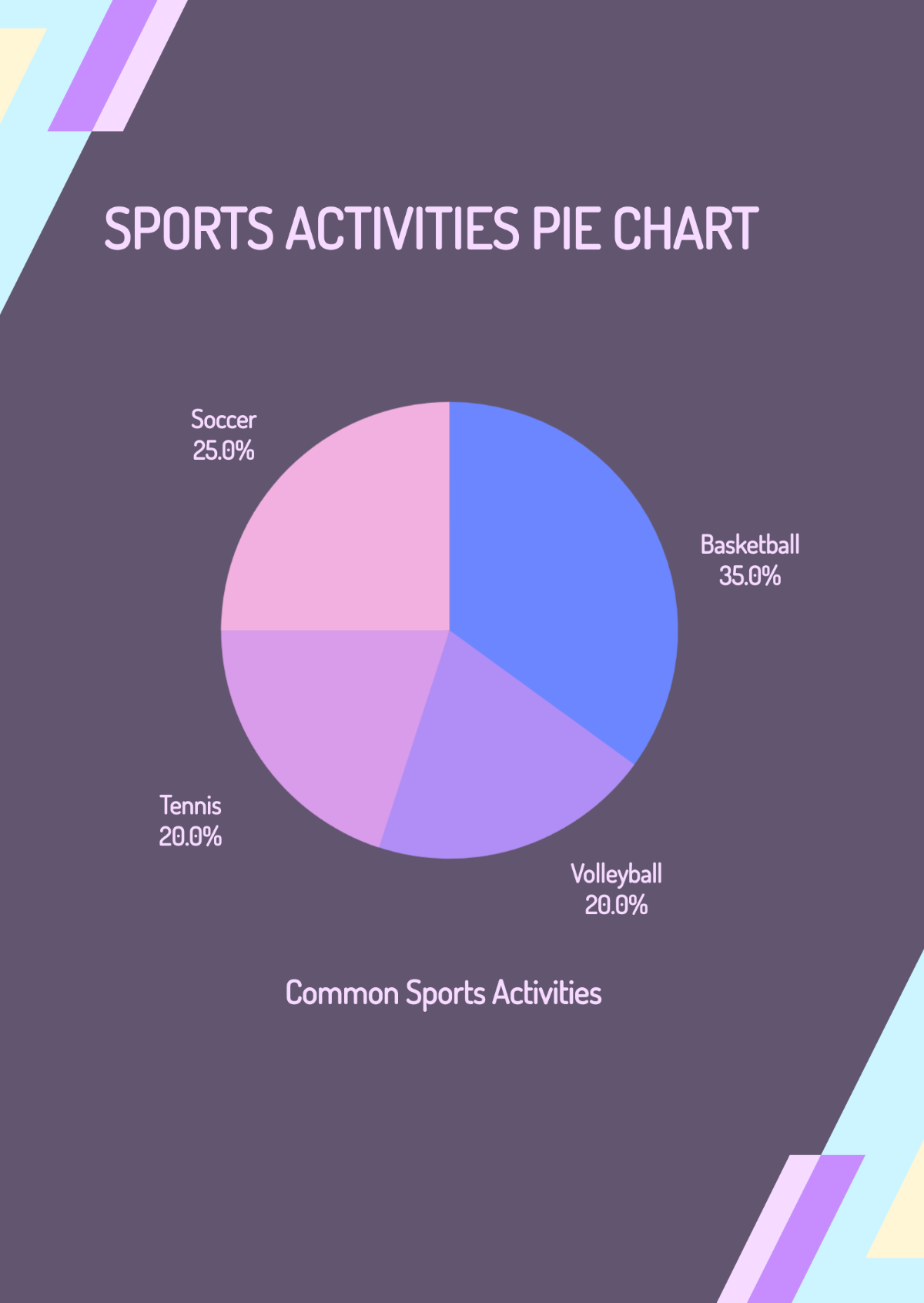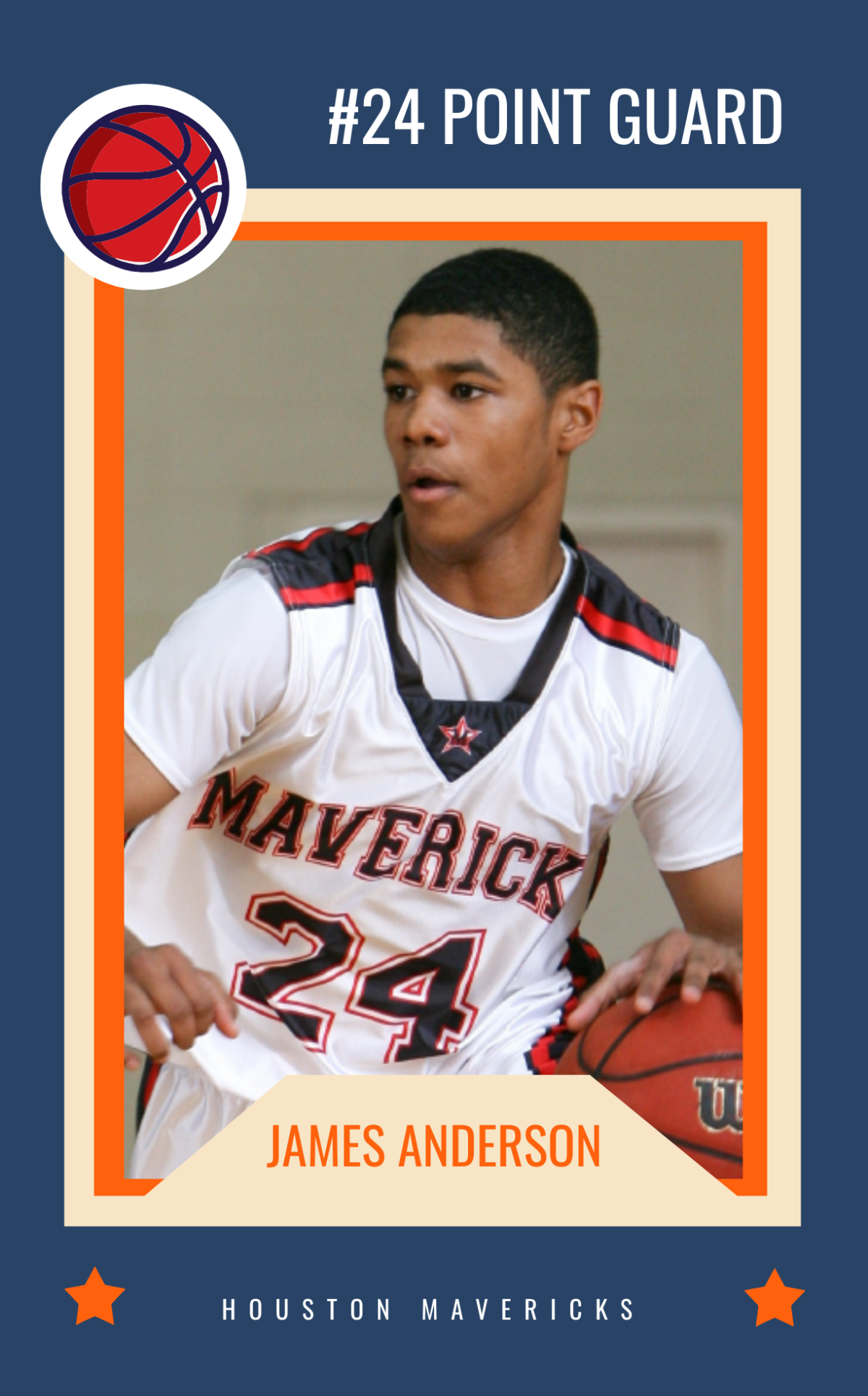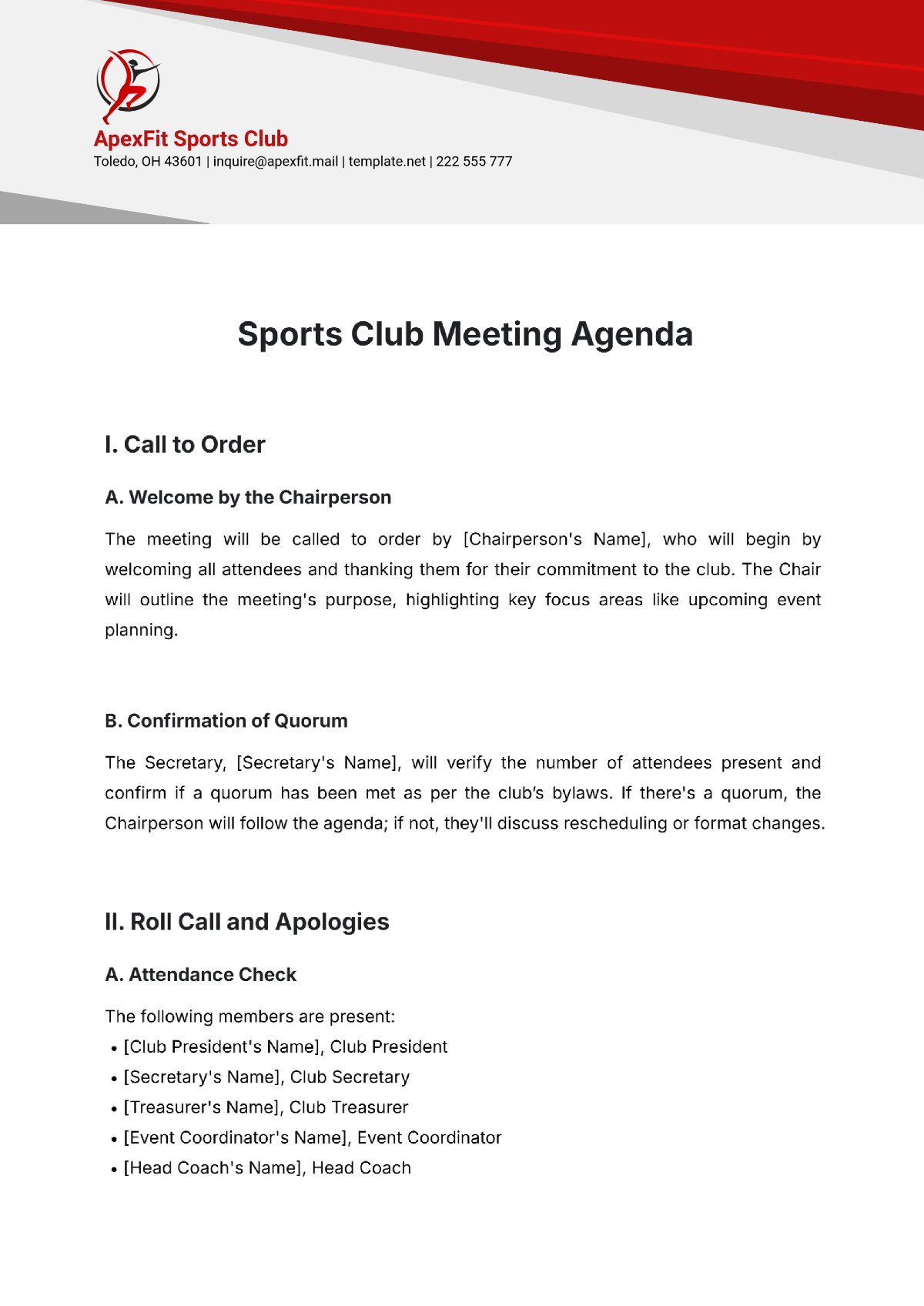Sports Code of Conduct
I. Introduction
This Code of Conduct outlines the expectations for behavior and responsibilities of all participants and stakeholders (including athletes, coaches, officials, parents, and spectators) associated with [Your Sports Organization Name]. Our aim is to foster an environment that promotes sportsmanship, integrity, and fairness where all individuals are treated with respect and dignity.
Every member of [Your Sports Organization Name] is expected to uphold these principles in all activities and events. Adherence to this Code is fundamental to our mission and critical to our success in creating a positive and supportive sports culture.
II. General Conduct
Participants in [Your Sports Organization Name] are expected to exhibit behaviors that reflect the highest standards of integrity and sportsmanship. This includes but is not limited to:
Respecting the rights, dignity, and worth of all participants regardless of gender, abilities, cultural background, religion, or sexual orientation
Acting fairly and honestly with teammates, opponents, officials, and administrators at all times
Refraining from any behaviors that would constitute bullying, harassment, or discrimination
Following the rules and spirit of the sport to promote fair play over winning at any cost
Displaying control, respect, and professionalism in all communications and social media interactions
III. Responsibilities of Athletes
Athletes are ambassadors of [Your Sports Organization Name] and are expected to behave in a manner that respects their teammates, coaches, officials, and the sport itself. Specifically, athletes should:
Show commitment to their sport by attending practices and games regularly and on time
Accept and respect the decisions of officials without dispute or argument
Maintain a high level of fitness and avoid any activities or substances that could impair their performance or safety
Wear appropriate sports attire and use equipment as intended during all practices, games, and events
Demonstrate sportsmanship – they should win without boasting, lose without excuses, and never quit on their team
IV. Responsibilities of Coaches
Coaches play a critical role in the development of athletes and the ethical tone of our sport. As such, coaches must:
Provide a safe and healthy environment for all participants by planning and conducting activities that are appropriate for the age, maturity, and skill level of the athletes
Teach athletes to strive for excellence in their sport, education, and personal lives
Lead by example in demonstrating fair play and sportsmanship at all times
Ensure that they are knowledgeable in the rules of the sport they coach and that they educate their athletes in these rules
Maintain open lines of communication with athletes, parents, and other coaches to ensure the welfare of all participants
V. Responsibilities of Parents/Spectators
Parents and spectators have a significant influence on the climate of youth sports. To contribute positively, parents/spectators should:
Encourage athletes in a positive manner, refraining from coaching from the sidelines or interfering in events
Show respect for all participants, including opponents, coaches, officials, and staff
Never engage in any form of abuse, harassment, or disrespectful conduct
Follow the established rules and guidelines of [Your Sports Organization Name] and venues during events
Support their child’s health and emotional well-being by encouraging good sportsmanship and respect for all participants
VI. Compliance and Enforcement
Violation of this Code of Conduct may result in disciplinary action, including but not limited to suspension or expulsion from [Your Sports Organization Name] activities. The process for handling infractions includes:
Reporting: Any violations should be immediately reported to the appropriate officials or through the [Your Organization's Reporting System].
Review: All complaints will be reviewed in a timely and confidential manner.
Consequences: Actions may include verbal warnings, written warnings, suspension, or termination of membership depending on the severity of the breach.
Our collective commitment to maintaining a positive and ethical environment within [Your Sports Organization Name] is essential. This Code of Conduct serves as a guide to help ensure that every member of our community upholds the values that define us.






